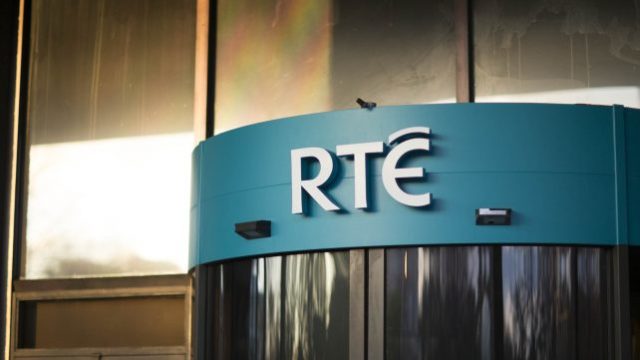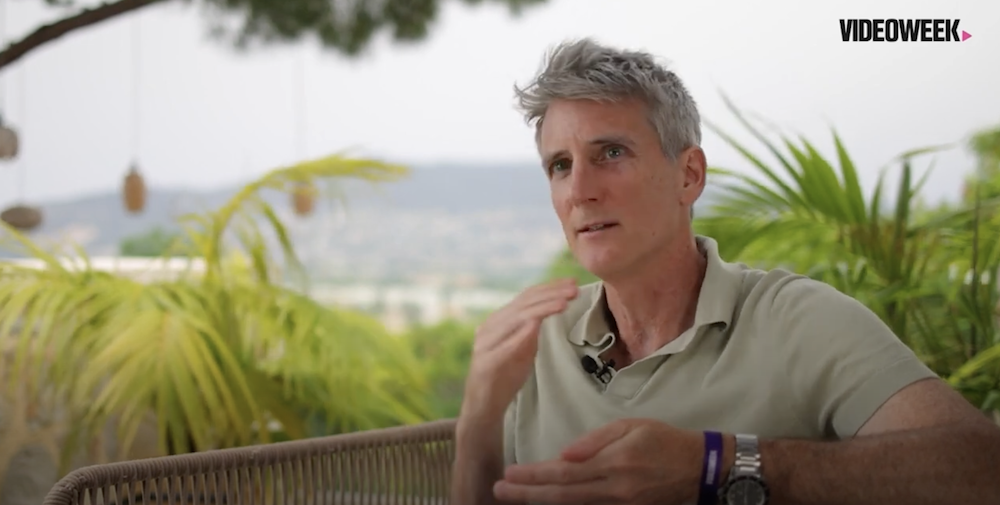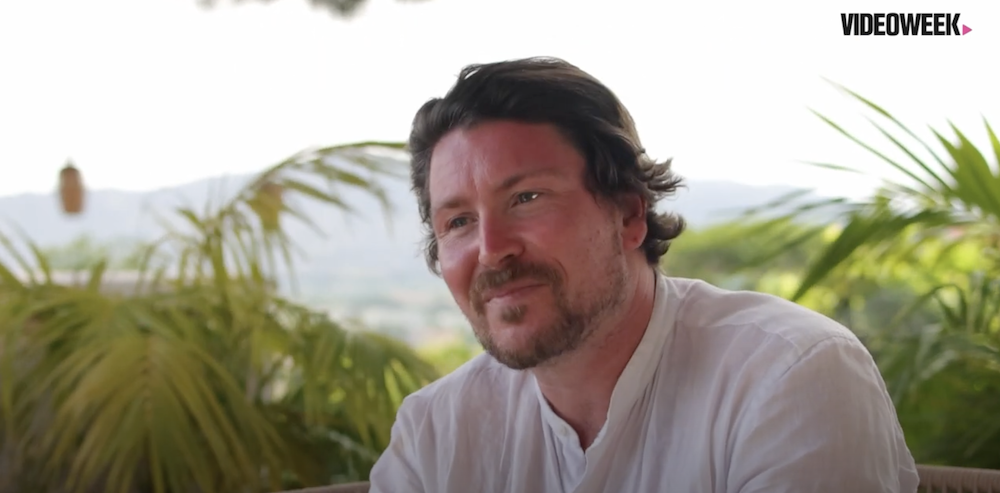RTÉ, Ireland’s public service broadcaster (PSB), has published a new five-year plan, designed to position the broadcaster as a streaming destination, while rebuilding trust in the organisation following last year’s secret payment scandal.
The “New Direction” strategy echoes moves by other European broadcasters, such as Channel 4 in the UK and TF1 in France, to make streaming operations the core of their businesses. In the case of RTÉ, that means upgrading its digital products, including the RTÉ Player BVOD service.
“The features and performance of commercial competitors’ products and services have outpaced RTÉ, requiring an intensive effort to catch up in order to fulfil our public service media role into the future,” said the broadcaster.
This includes introducing sign-in for all users and improving content recommendations, in order to make the streaming service more relevant, particularly for new and young audiences.
The company also aims to increase the volume of children’s content on RTÉ Player by 100 percent in 2026, and have 6,000 hours of on-demand content by 2027. By 2029, the broadcaster aims to have 7,000 hours of content on the BVOD service, while 50 percent of all non-live content will debut on RTÉ Player.
“We will invest in RTÉ Player as our flagship channel, delivering quality live and on-demand viewing, providing audiences with the opportunity for live viewing across multiple devices from TV to mobile,” said RTÉ. “We will significantly expand the depth and breadth of on-demand content available via RTÉ Player so that it competes with and stands apart from global streaming video on-demand competitors.”
Uniquely Irish content
The strategy also seeks to serve younger and under-represented audiences through its “uniquely Irish public service content”, across both linear and streaming catalogues. Linear content will focus on news, current affairs, sport and entertainment, while the BVOD service will focus on children’s, drama, factual-entertainment formats and documentary series.
As a result, the company said it will raise content spending by more than 60 percent, from €47 million in 2024 to around €70 million per year from 2026. The content strategy includes significant investment in the Irish independent production sector, where RTÉ plans to spend more than €340 million over the five-year period.
But the rise in content spending will require cost-savings elsewhere, according to the PSB, resulting in some 400 job losses. The business will also reduce salaries, with personnel expenditure falling from 51 percent of operating costs in 2024, to 45 percent in 2029.
The company additionally laid out its approach to data and AI in its new governance framework, planning to use AI to become more agile in meeting audience needs and delivering content. But the organisation also emphasised the need for safeguards in implementing AI tools.
“AI has the potential to transform the way RTÉ does business, makes content, delivers services and engages with audiences,” said the broadcaster. “RTÉ will create organisational guidelines as to acceptable usage of AI tools, informed by best-practice standards and guidance from the European Broadcasting Union, while ensuring that its application is in alignment with organisational purpose and values.”
RTÉ further stated that high-quality data is gaining importance for the company, particular in enabling personalised experiences for audiences, improving advertising effectiveness on digital platforms, and making content more discoverable.
“This New Direction strategy is about ensuring the future and the relevance of a transformed RTÉ,” said RTÉ director general Kevin Bakhurst. “It is about delivering a strong and independent public service, available to everyone; it is about creating a trusted organisation delivering for Irish audiences; it is about backing creative ambition and digital innovation; it is about supporting Irish culture and bringing people together; it is about reflecting all of the country and supporting the creative industry across the island.”
Rebuilding trust
The company’s aim to “build a sustainable, trusted and responsible organisation” is particularly salient in the wake of a tumultuous year for the Irish PSB. The new strategy comes exactly one year on from the resignation of RTÉ director general Dee Forbes, who oversaw a culture of “barter payments” used for presenters’ pay, corporate entertainment for advertising clients, and executive exit packages.
An external review of RTÉ’s governance and culture followed, and the new governance framework is in place to oversee the five-year strategy, with an emphasis on improving communication within the organisation.
The broadcaster further recommended a reformed public funding model, enabling RTÉ to “deliver a generational change” in transforming the broadcaster into “the preferred streaming destination of Irish audiences.”
The Irish Government is expected to complete a review of PSB funding this year. Currently the broadcaster is part-funded by the licence fee and other public funding, and part-funded by commercial revenues.
“Public service media is facing fundamental challenges,” said Terence O’Rourke, Chair of the Board at RTÉ. “RTÉ is not immune to this and throughout its long history it has adapted its services from radio to television to online to the Player. Now, technology, social media and shifts in how information is consumed have all framed a new world in which RTÉ must go through a radical evolution to continue to serve and reflect Irish society into the future. We, as a Board, have tested this strategy and believe it offers a realistic roadmap for the organisation to change. Its vision is clear. Its financial underpinning is realistic and sustainable.”




